Groep 3
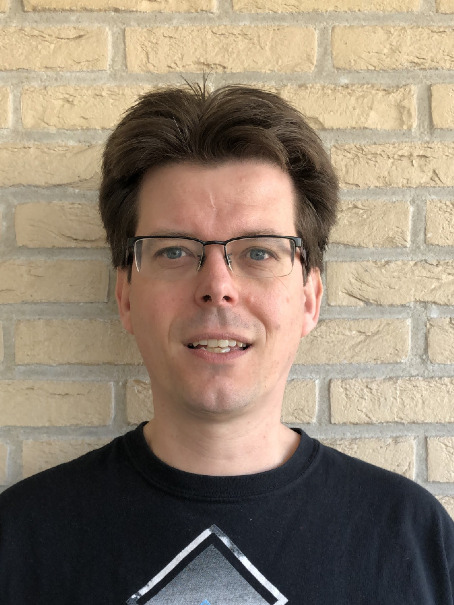
Prof. Dr. Casper Albers - GMW
Zichtbare onzekerheid
Of het nu om een weersverwachting van het KNMI, een coronameting van het RIVM of een nieuwe wetenschappelijk studie gaat, statistische onzekerheden zijn overal. Behalve het goed modelleren van deze onzekerheden is het ook belangrijk dat deze goed gecommuniceerd worden, zodat de ontvanger - van collega-wetenschappers tot het algemene publiek - de boodschap goed kan duiden. In dit minicollege leg ik uit hoe je middels datavisualisaties onzekerheid kan visualiseren.

Dr. Gerrit Breeuwsma - GMW
De psychologie is overal (maar moeten we daar ook blij mee zijn?)
De psychologie heeft in het naoorlogse Nederland een snelle opmars gemaakt. Niet alleen kent Nederland de grootste dichtheid aan psychologen van Europa, ook speelt psychologische kennis op uiteenlopende terreinen een rol: in opvoeding en onderwijs, in bedrijven en organisaties, op het gebied van defensie en sport. Minstens zo opmerkelijk is dat de taal van de psychologen steeds meer gemeengoed is geworden en overal opduikt: van contactadvertenties tot TikTok. Over de zegeningen van de psychologie en de keerzijde daarvan gaat dit minicollege.
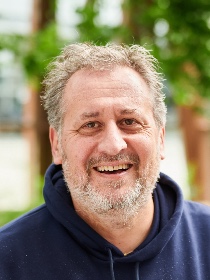
Once upon a time in Groningen
Prof. dr. Francesco Picchioni - FSE
In this mini lecture I will provide an overview on plastic recycling particularly focusing on the skills needed for the students to be inventive. We will start by talking briefly about general skills and how to be creative. We will then apply the concept to the problem of rubber recycling.
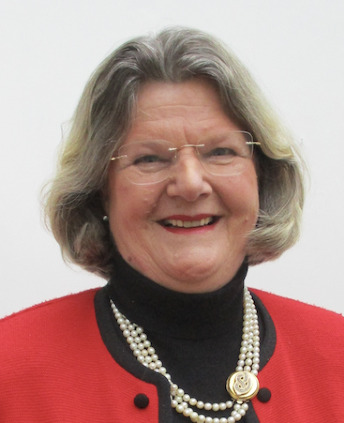
What materials can we use to build a computer that works like our brain?
Prof. dr. Petra Rudolf - FSE
The digital revolution with its constant growth in generation and management of data requires an ever increasing share of the global energy consumption. Compared to the devices we normally use, our brain with its 100 billion neurons is able to perform complex tasks that involve data classification and pattern recognition much more energy-efficiently. Hence the idea to develop neuromorphic computers - not based on living cells or organic materials but on inorganic components. In this talk prof. Rudolf shall illustrate what solutions we are exploring here in Groningen.
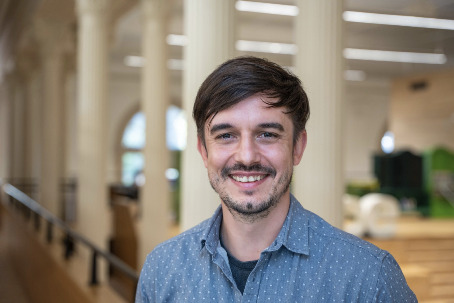
Two Hearts in One Chest: Consumer Moral Disengagement & Unsustainable Consumption
Dr. Sven Kilian - Campus Fryslân
In this mini lecture we will learn about an interesting human tendency known from moral psychology which is called "moral disengagement". It denotes the tendency of people to strategically clear their conscience from feelings of guilt which is particularly apparent when facing (moral) dilemma situations. In this mini lecture we learn how this relates to the consumption choices we make.
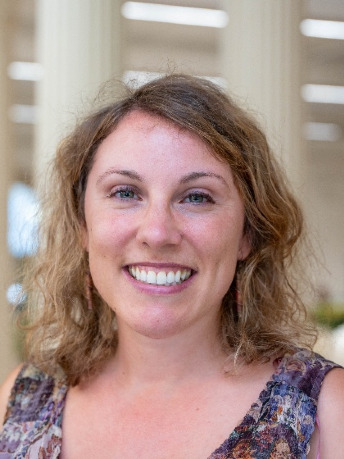
Agreeing to Disagree?
Dr Élise Rouméas - Campus Fryslân
"Should we 'agree to disagree' — at least in the classroom? During this mini-lecture, we will reflect on the appropriate attitude to adopt in the face of moral or political disagreement. We will review different possible responses to disagreement: from enthusiastic endorsement of differences to outright intolerance, and examine various ways individuals relate to their own beliefs. In conclusion, we will collectively establish ground rules for responding to fierce disagreements in the classroom with civility."
